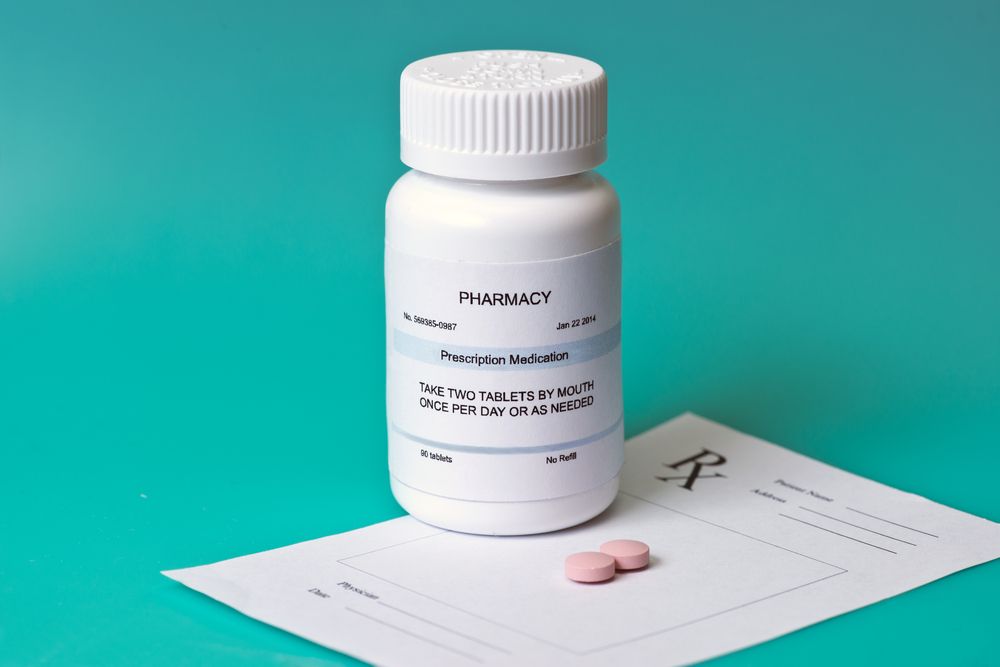FDA has accepted disclosures as an appropriate mechanism to qualify off-label communication about prescription drugs. Nevertheless, the agency seems to have not yet embraced a pathway for truthful and non-misleading off-label promotion that incorporates disclosures.
The distinction between off-label communication and off-label promotion is significant in this respect. In an FDA letter responding to the complaint in Amarin Pharma, Inc. v. FDA – which challenges the FDA’s restriction on the off-label promotion of the drug Vascepa® – the agency attempts to circumvent Amarin’s challenge by stating that it “does not intend to object to Amarin’s proposed communications if made in the manner and to the extent described” in the letter. There is a disconnect, however, between the communication contemplated by the FDA and the promotion contemplated by Amarin.
The FDA would be comfortable with Amarin communicating about off-label uses for its products in a manner and to the extent set out in the agency’s Revised Good Reprint Practices Draft Guidelines and its Draft Unsolicited Requests Guidance. Page five of the FDA letter goes so far as to state:
“It appears that virtually all of the communications you propose to disseminate fall within the scope of these existing guidance documents.”
In making this statement, the FDA seems to ignore that Amarin expressly wants to engage in off-label promotion for its product and not just communicate information about such uses consistent with the guidance documents. Paragraph 122 of the Amarin complaint states:
“Beyond FDA’s narrow exceptions set forth in guidance, including for responses to unsolicited requests, Amarin seeks only to engage in truthful, non-misleading speech about Vascepa® directly with healthcare professionals such as doctors pharmacists, and managed care professionals, including but not limited to the Doctor Plaintiffs.”
The complaint further states that Amarin desires to communicate about off-label uses for its product “through written materials and digital media about its product and by proactively engaging in dialogue with doctors and other healthcare professionals” – clearly not the type of communication contemplated by the FDA guidance documents.
Despite either misconstruing or disregarding the fact that Amarin wants to promote the off-label use of Vascepa® rather than communicate such use consistent with the FDA guidances, the agency recognizes the value that disclosures can have in addressing the risks it sees with disseminating off-label information.
Page seven of the FDA letter states:
“We agree with your proposal to include disclosures and describe the limitations of the data and the existence of other relevant data (Compl. ¶ 124); such disclosures help to provide an accurate and balanced presentation and ensure that the information will be properly understood.”
The FDA’s alignment with Amarin’s proposal on disclosures is disingenuous. The context of this statement is that such disclosures are beneficial for off-label communication made consistent with the Revised Good Reprint Practices Draft Guidelines. Parroting the language of the Revised Good Reprint Practices Draft Guidelines, the FDA’s letter further recommends that Amarin distribute reprints separate from any promotional or marketing materials.
Interestingly, the FDA letter demonstrates a willingness to allow summaries of reprints to the extent Amarin uses appropriate disclosures. In its Revised Good Reprint Practices Draft Guidelines, the FDA stated that when distributing reprints containing information on off-label uses for a product, the reprint should be unabridged. The agency backs off on this suggestion when it states it has no objection to Amarin’s summary of the results of a study conveying information on an off-label use of Amarin’s product, if appropriately qualified with disclosures. (The summary is found in Exhibit B of the Amarin complaint.)
The FDA determined that Amarin’s summary did not raise concerns because it neither omitted material information, nor introduced bias. Given this determination, the FDA gave Amarin the green light to distribute the summary as long as the company made the disclosures recommended in its letter.
It is unlikely that the FDA’s knee-jerk reaction to the Amarin complaint will foster any goodwill going into the public meeting that the agency announced would take place this summer to address off-label communication. In granting two citizen petitions, the FDA committed to clarifying its stance on off-label communication. With its attempt to derail the litigation with Amarin, the agency has introduced more ambiguity by trying to fit a round peg (Amarin’s proposed off-label promotion) into a square hole (the requirements of the Revised Good Reprint Practices Draft Guidelines).
It is not clear that the FDA fully appreciates the Second Circuit’s analysis in United States v. Caronia. Under Caronia, the FDA must narrowly tailor restrictions on truthful, non-misleading off-label promotion. As previously discussed, requiring disclosures to qualify off-label promotion may provide an appropriately tailored pathway.
The FDA took a step forward on that path by not objecting to Amarin’s summary of the results of a study conveying off-label information. Overall, however, the FDA may have taken two steps backward in its trek to find some common ground with industry on the issue of off-label promotion.



 Brian Dahl is the Principal at Dahl Compliance Consulting LLC. His consulting practice focuses on assisting life sciences companies with their corporate compliance needs. He is the architect of the corporate compliance programs at two top-tier pharmaceutical companies – Teva Pharmaceuticals and Takeda Pharmaceuticals. As a consultant, he has built the compliance programs at two startup companies that recently launched their first products. Brian brings that real-world experience to the service of clients who are developing, implementing, or evaluating the effectiveness of their corporate compliance programs. Brian spent six years as the Compliance Director at Teva, where he built the company’s compliance program from the ground up while leading all aspects of the company’s compliance efforts across multiple branded divisions. Brian’s career in pharmaceutical corporate compliance began at Takeda in 2001, six months before the government’s seminal settlement with TAP Pharmaceuticals. Prior to becoming a pharmaceutical compliance professional, Brian practiced health law at the law firm of Baker & Daniels. He began his legal career practicing advertising law in Washington, D.C., first at the Federal Trade Commission and later at the law firm of Collier, Shannon, Rill & Scott. Brian received his J.D. from the University of Iowa College of Law and his Master of Health Administration degree from the College of Public Health at the University of Iowa. You can reach Brian at 847-800-1753 or at DahlComplianceConsulting@gmail.com.
Brian Dahl is the Principal at Dahl Compliance Consulting LLC. His consulting practice focuses on assisting life sciences companies with their corporate compliance needs. He is the architect of the corporate compliance programs at two top-tier pharmaceutical companies – Teva Pharmaceuticals and Takeda Pharmaceuticals. As a consultant, he has built the compliance programs at two startup companies that recently launched their first products. Brian brings that real-world experience to the service of clients who are developing, implementing, or evaluating the effectiveness of their corporate compliance programs. Brian spent six years as the Compliance Director at Teva, where he built the company’s compliance program from the ground up while leading all aspects of the company’s compliance efforts across multiple branded divisions. Brian’s career in pharmaceutical corporate compliance began at Takeda in 2001, six months before the government’s seminal settlement with TAP Pharmaceuticals. Prior to becoming a pharmaceutical compliance professional, Brian practiced health law at the law firm of Baker & Daniels. He began his legal career practicing advertising law in Washington, D.C., first at the Federal Trade Commission and later at the law firm of Collier, Shannon, Rill & Scott. Brian received his J.D. from the University of Iowa College of Law and his Master of Health Administration degree from the College of Public Health at the University of Iowa. You can reach Brian at 847-800-1753 or at DahlComplianceConsulting@gmail.com.









